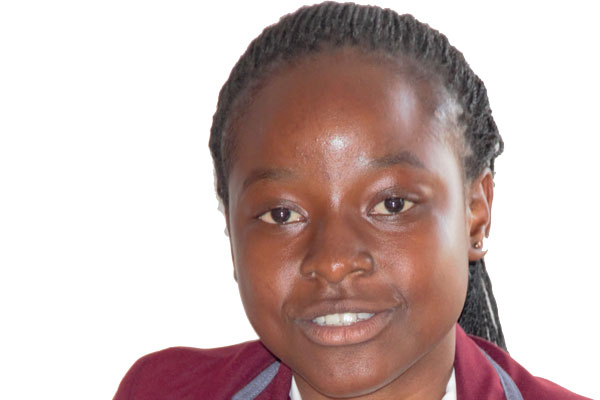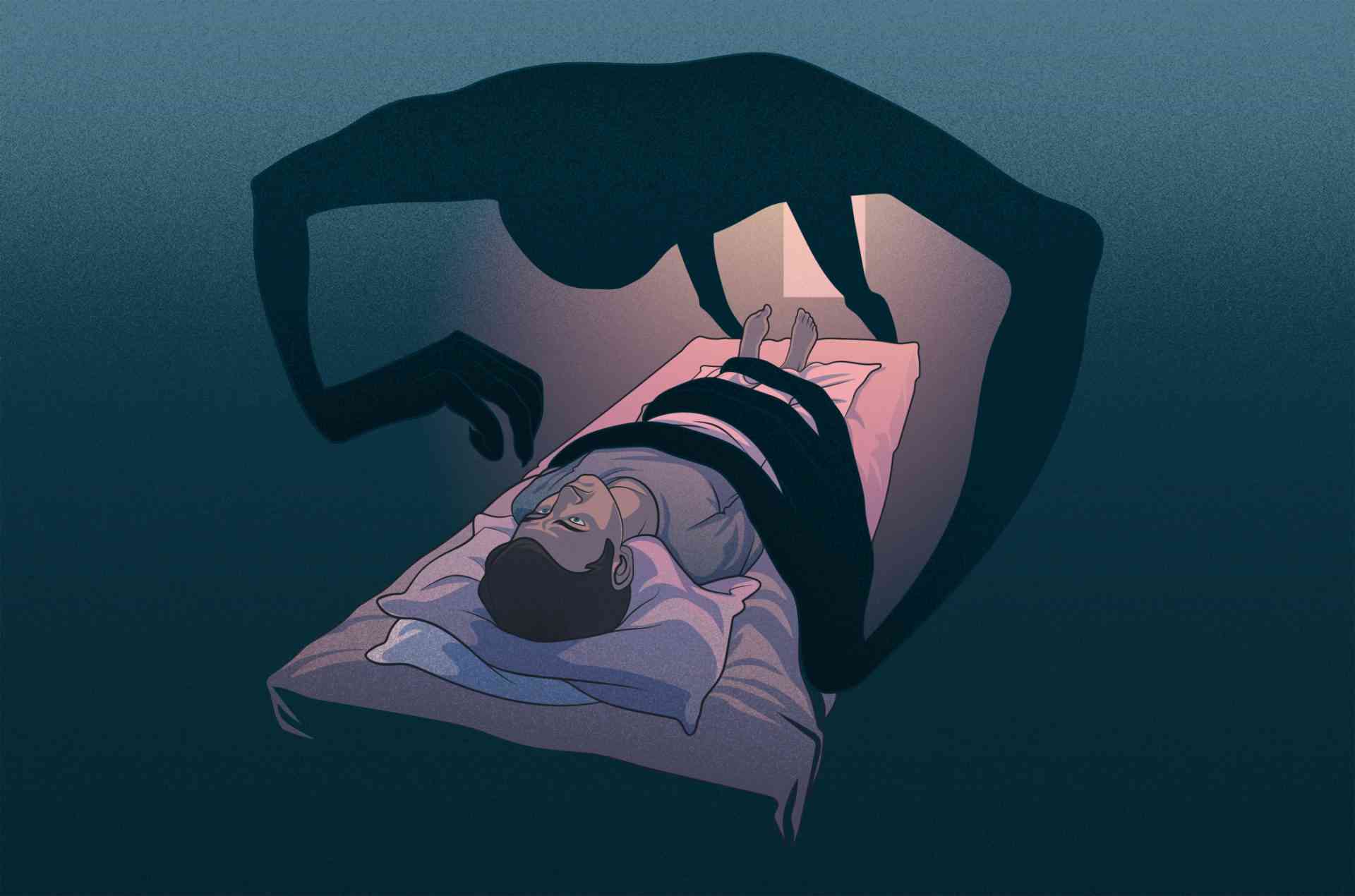
style reporter
On Friday, in commemoration of International Day of the Girl Child, girls selected from the Junior Parliament of Zimbabwe through an essay competition took the helm of UN leadership replacing the roles of the UN resident coordinator, and six UN heads of agencies making a symbolic statement on the need to empower girls to make decisions, assume leadership roles and live and thrive in a gender equal society.
The girls’ takeover campaign was staged under the localised theme #ZimGirlsTakeover to inspire girls as agents of change who are capable of becoming leaders in their own right. The UN agencies “Taken Over” by the girls are the International Labour Organisation, UN Development Programme, UN Scientific and Cultural Organisation, UN Population Fund, UN Children’s Fund and UN Women.
Addressing the meeting participants, the designated UN resident coordinator to Zimbabwe for the day, Chantel Mawunidza (pictured), who is also the State of the Junior Parliament of Zimbabwe minister, noted that countries cannot achieve their development agenda as long as women and girls continue to be silenced and marginalised in society.
“The UN is committed to working with girls realise their potential and meaningfully contribute to inclusive development and economic prosperity in their society,” Mawunidza said.
Senator of Junior Parliament Vimbai Jukwa who took up the position as the head of ILO, said: “I encourage women and girls to take up leadership roles to achieve gender parity in all spheres of decision-making, including in political, economic, social and public life.”
Junior Parliament’s Elinah Moyo, took up the position of the resident representative of UNDP, while Kelina Mutate, member of the National Assembly in the Junior Parliament took over UNESCO.
Voicing her concern about women and girls living with disabilities being at a disproportionately higher risk of experiencing gender-based violence and harmful practice, UNFPA country representative for the day, Caroline Muwonda of Junior Parliament said: “There is urgent need to address the issues of girls living with disabilities.”
- Chamisa under fire over US$120K donation
- Mavhunga puts DeMbare into Chibuku quarterfinals
- Pension funds bet on Cabora Bassa oilfields
- Councils defy govt fire tender directive
Keep Reading
UNICEF representative for the day, was Naledi Green and Sandra Munhundarima, a judge in the Junior Parliament of Zimbabwe spent the day as the head of UN Women.
The #ZimGirlsTakeover campaign is part of the Spotlight Initiative programme to eliminate violence against women and girls in Zimbabwe. The Spotlight Initiative with financial commitment of US$34 million by the European Union begun implementation this year in 23 districts in Mashonaland Central, Mashonaland West, Manicaland, Matabeleland South and Harare provinces.
The Initiative aims to ensure that all women and girls benefit from adequate legislation and policies, gender responsive institutions, violence prevention programmes, essential services, comparable and reliable data, and strong women’s movements and civil society organisations.
International Day of the Girl Child has been celebrated each year on 11 October since the United Nations adopted it as an international day in December 2011 to highlight the different challenges that girls face in society. In addition, this day is also dedicated to the empowerment of girls across the globe and the promotion gender equality and human rights.











